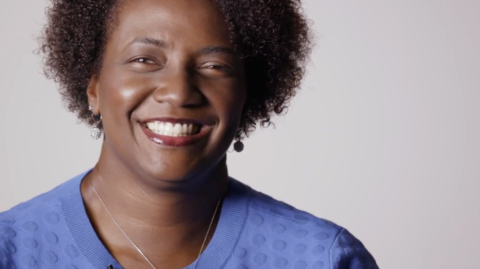Watch: How are EdReports Reviews Created?
Educator content reviewers explain how they work together to collect evidence about K-12 math and ELA programs to create a report that is then free, publicly available on our website, and out there to inform the field.
Related Resources
news
EdReports Breaks New Ground with Inaugural Science Reviews
EdReports.org announced the results of its first round of science reviews for grades 6-8. Its findings revealed that one of the six instructional materials series fully met criteria.
article
3 Ways to Ensure EdReports Reviews Support You
Educator Jeff Crawford shares how being an EdReports content reviewer helps him "pay it forward" in his district and nationwide.
video
Watch: Instructional Materials Matter for Equity
Educator Dr. Cynthia Nicholson discusses her thoughts about education as the great equalizer and the role instructional materials play in the effort.


